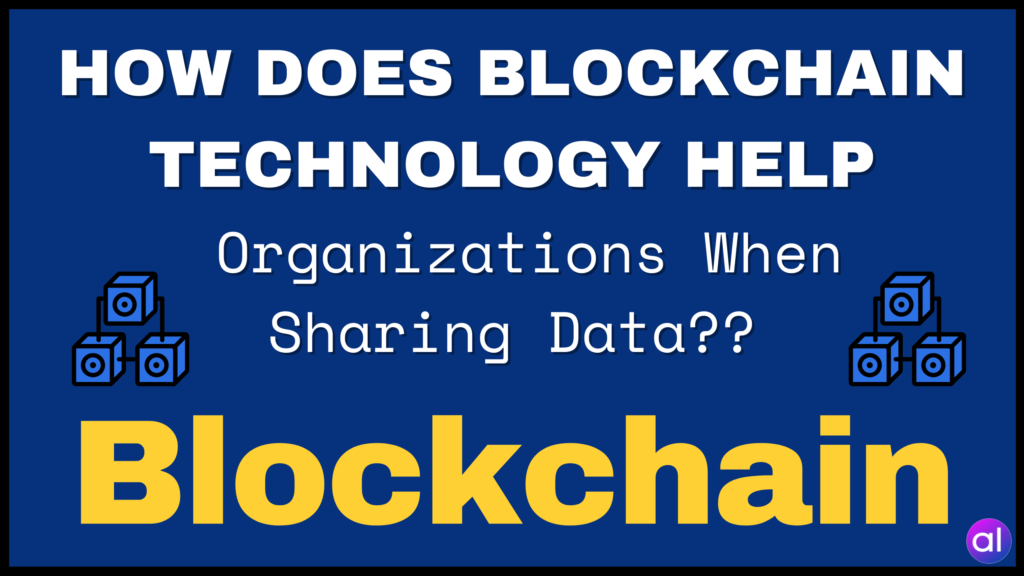
The Retail industry is responsible for meeting the needs of its intended consumers. However, the retail sector faces challenges such as tight margins, rising customer expectations, and regulatory issues.
Although the retail sector has not seen significant changes over the years, some high-profile companies are now incorporating blockchain technology, originally developed for cryptocurrencies, to enhance communication with consumers.
Key issues facing the Retail Sector
The retail industry faces several pressing concerns:
Operational Inefficiency
Retail supply chains lack transparency, leading to isolated systems, static record-keeping, and integration obstacles.
Consolidated Operational Omnichannel Retail
Consumers demand omnichannel shopping experiences, but retailers struggle with data management challenges.
Consumer Participation and Tracking
Consumers seek more product information, leading to security risks and increased administrative costs.
Counterfeit Prevention
The rise in counterfeit products damages brands in terms of revenue and customer trust.
Quality, Provenance and Brand
Consumers are increasingly concerned about product origins and ethical sourcing claims.
Regulator Compliance
Demonstrating regulatory compliance across retail operations is challenging.
Blockchain: A Solution for Retail
Blockchain enables end-to-end product tracking, offering decentralized, tamper-proof data management.
Blockchain technology can be utilized in various ways in the retail sector:
Supply Chain Management
Blockchain allows for transparent tracking of every supply chain stage.
Product Verification
Enhances regulation compliance and builds customer trust in product quality.
Payments
Enables secure and efficient payment transactions.
Integration of Digital and Offline Stores
Facilitates seamless omnichannel interactions with encrypted databases.
Auditability
Promotes transparency, immutability, and accountability in supply chain activities.
Loyalty Programs
Enhances customer loyalty programs with real-time updates and improved accessibility.
Ensure Delivery
Enables consumers to track shipments in real-time.
Fight Hacking and Cybercrime
Enhances data security through encryption and decentralization.
Privacy Protection
Ensures customer data security and integrity.
Summing Up
Implementing blockchain in the retail sector offers benefits such as lower costs, faster processes, enhanced privacy, increased trust, and loyalty. It also helps combat fraud and theft while providing value-added services to customers.



